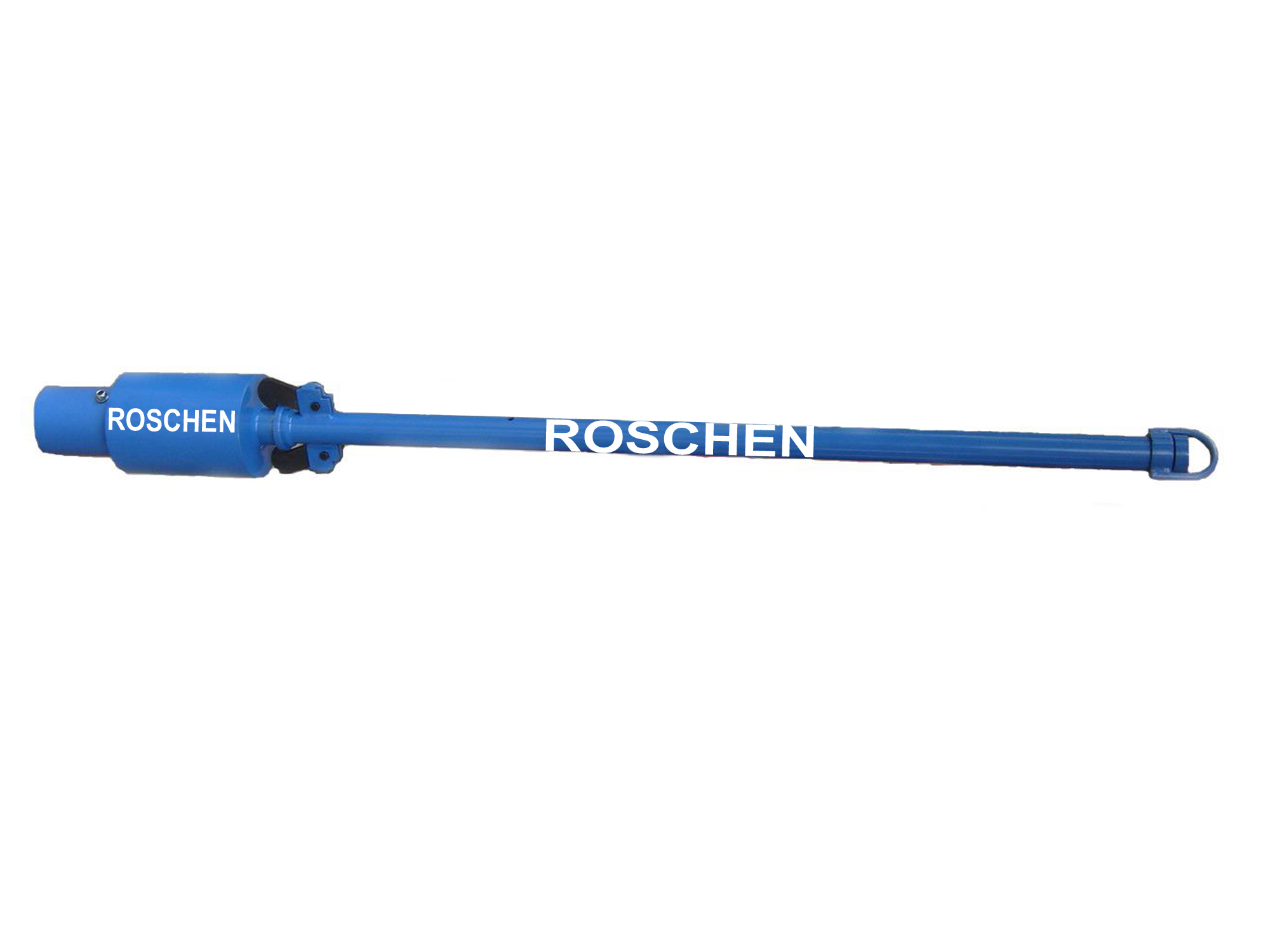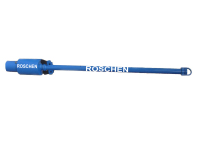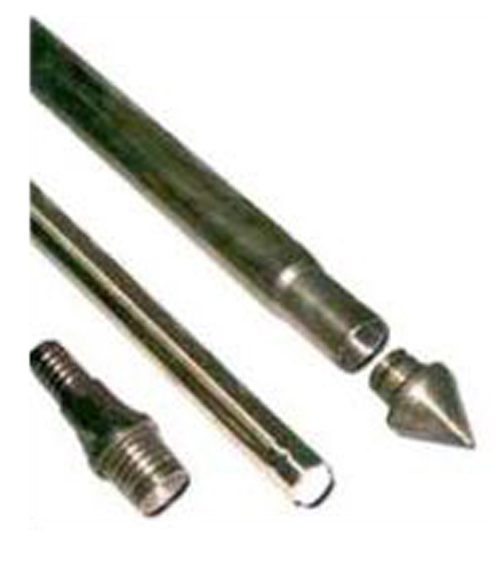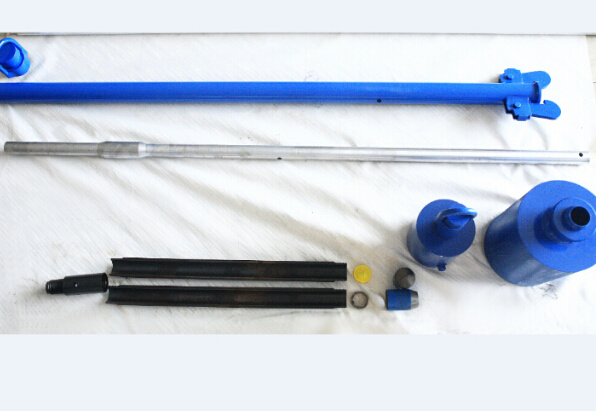SPT: Standard Penetration Test Energy Calibration sampler
SPT: Standard Penetration Test Energy Calibration sampler
SPT Energy Calibration
Standard Penetration Testing Calibration
The Standard Penetration Test (SPT) is a widely used geotechnical test used to estimate soil strength. A SPT hammer drives a split barrel sampler at the bottom of a drive rod and recovers soil samples. The sampler is driven 450 mm (18 inches), 600mm(24 inches) and the number of blows required to drive the last 300mm (12 inches) is the “N value”, and indirectly indicates soil strength. Several different types of SPT hammers are used to perform SPT tests, and this influences the N value.
The American Society for Testing and Materials (ASTM) recommends standardizing the measured N value by multiplying it by the ratio between the measured energy transferred to the rod and 60% of the theoretical potential energy of the hammer resulting in the N60 value. This compensates for widely variable efficiencies from different SPT hammer types, and even among similar hammers due to differing maintenance, and therefore improves the reliability of the soil strength estimates obtained from the test.
SPT Energy Calibration consists of measuring the energy transferred by the Standard Penetration Test (SPT) hammer to the SPT rod. GRL Engineers take these measurements with the Pile Driving Analyzer® (PDA) and using an SPT rod instrumented with strain gages and accelerometers. Roschen Engineers may also estimate soil setup by conducting a torque test on the instrumented SPT rod.








